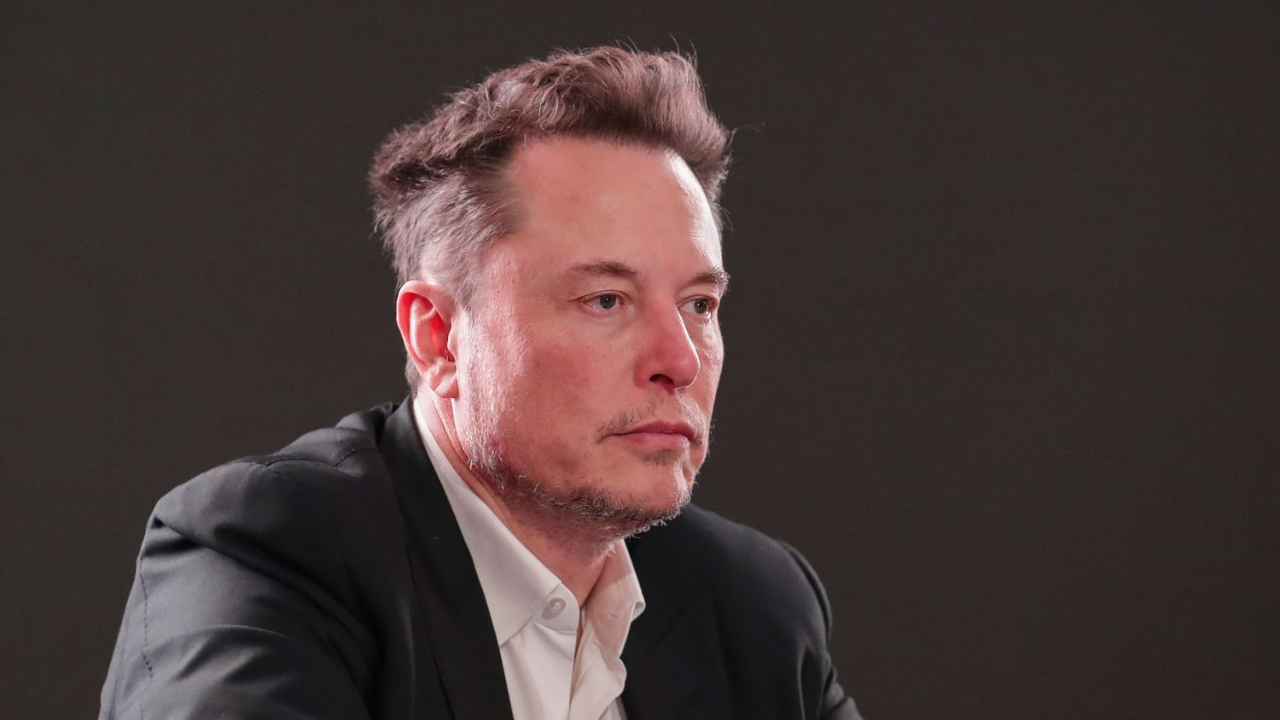The United States is facing the possibility of a government shutdown as Congress struggles to pass a spending bill that would keep federal agencies open.
If an agreement is not reached by midnight on Friday, a shutdown will begin, making it the first such event since early 2019.
Why is this Shutdown Happening?
Each year, various federal agencies submit requests for funding to Congress, which must then pass the budget and have the president sign it for the next fiscal year. If no agreement is made, non-essential government operations stop, leading to a shutdown.
In September, both parties agreed to extend government funding until December 20. However, with the deadline approaching, the Speaker of the House, Republican Mike Johnson, proposed a bill to extend funding until March.
Although it had backing from Democratic leaders, the bill included provisions that upset some Republicans, including a pay raise for lawmakers.
Elon Musk, a tech billionaire and ally of Donald Trump, voiced strong opposition to the bill. His comments and push against the bill influenced Trump and others, leading to the bill’s failure to pass in the House. A smaller version of the bill was introduced but also failed to get enough support.
Who Will Be Affected by the Shutdown?
If Congress cannot pass a new funding plan, the shutdown will impact millions of Americans. Essential workers, like those in border protection, law enforcement, and air traffic control, will continue working, though some may not receive pay.
Government employees who are considered non-essential will be placed on unpaid leave. Services like food assistance programs, federally funded preschool, and the issuing of student loans will be suspended, and national parks may close.
While Social Security and Medicare payments will still be sent out, benefit verification and card issuance will be halted. Additionally, travel could be disrupted, especially at airports where delays are expected if the shutdown extends.
Why Did Elon Musk Oppose the Bill?

Elon Musk, who is also the co-leader of the Department of Government Efficiency (DOGE), criticized the proposed bill. Although DOGE is not an official government department, Musk has pledged to find $2 trillion in savings.
He took to his social media platform X to call the bill “criminal and outrageous,” spreading false claims and rallying opposition. Musk’s efforts, along with those of Trump and incoming vice president JD Vance, ultimately caused the bill to collapse.
Trump and Vance advocated for a new, more streamlined bill without the provisions that Democrats had pushed for. They also requested that Congress raise or eliminate the debt ceiling, which limits how much the government can borrow to meet its obligations.
What Happens Now?
As the deadline approaches, Speaker Johnson is under pressure to come up with a solution that will pass in the House.
To do so, he will need support from Democrats, who have stated they will only approve the original bill opposed by Trump and Musk. If no deal is made, federal agencies will shut down at midnight.
How Common Are Shutdowns?
Government shutdowns are not uncommon in the US. Under President Ronald Reagan, there were eight shutdowns, though they were brief.
During Donald Trump’s presidency, there were three shutdowns, including the longest in history, which lasted 36 days and ended in January 2019. The shutdown at that time was caused by disagreements over funding for a border wall.
The Congressional Budget Office (CBO) estimated that the 2019 shutdown resulted in an $11 billion loss to the economy, with $3 billion of that being permanently lost.
Shutdowns over budget disagreements are relatively unique to the US political system, as most countries combine budget votes with votes of confidence in the government.
Why Is Trump Pushing to Raise the Debt Ceiling?
The debt ceiling is a legal limit on the amount of money the government can borrow to cover its expenses, including military, Social Security, Medicare, and interest on the national debt.
Trump’s push to raise or eliminate the debt ceiling now, rather than later, has caused tension with some Republican lawmakers who typically oppose raising government spending.
While raising the debt ceiling was already going to be necessary, Trump’s call for it to happen now adds a layer of complexity to the negotiations.
Democrats generally support raising the debt ceiling but are unwilling to cooperate with Republicans at this time, further complicating the situation. If the shutdown continues, it could also hinder Trump’s ability to pass his policy agenda once he assumes office.
In the end, the looming government shutdown raises significant concerns about how the US government will operate moving forward.
From essential services to political tensions, it’s clear that this shutdown will have wide-reaching effects on both the economy and everyday Americans.
Note: Every piece of content is rigorously reviewed by our team of experienced writers and editors to ensure its accuracy. Our writers use credible sources and adhere to strict fact-checking protocols to verify all claims and data before publication. If an error is identified, we promptly correct it and strive for transparency in all updates, feel free to reach out to us via email. We appreciate your trust and support!



Leave a Reply